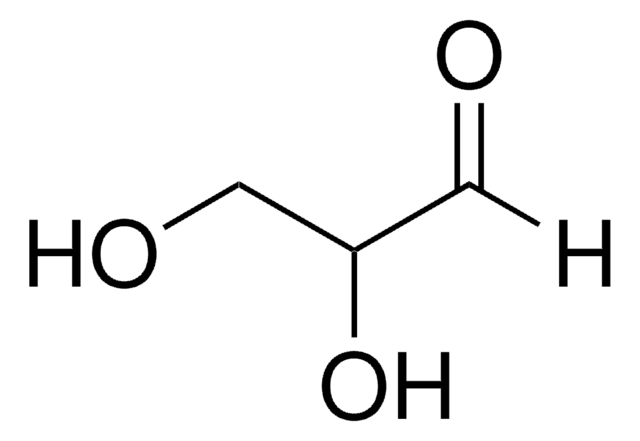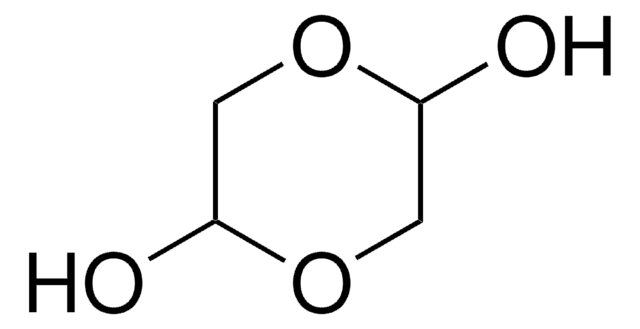MAK162
Colorimetric Maleimide Assay Kit
sufficient for 100 colorimetric tests
Sign Into View Organizational & Contract Pricing
All Photos(1)
About This Item
UNSPSC Code:
12161503
NACRES:
NA.84
Recommended Products
usage
sufficient for 100 colorimetric tests
detection method
colorimetric
relevant disease(s)
cancer
storage temp.
−20°C
Related Categories
General description
Maleimide is an unsaturated imide used in protein conjugation reactions. The direct measurement of maleimide moieties following conjugation reactions by spectrophotometric analysis at 302 nm is insensitive due to the small extinction coefficient (620M-1 cm-1) and complicated by protein absorbance at this wavelength.
Suitability
Suitable for quantifying maleimide groups
Principle
The colorimetric maleimide quantiation kit provides a simple and direct procedure for measuring maleimide groups. The sample is first reacted with a known amount of excess thiol and then the remaining unreacted thiol is assayed using 4,4′-DTDP (4,4′-Dithiodipyridine). The amount of maleimide is calculated as the difference between the initial amount of thiol and the amount of unreacted thiol after the complete reaction of all maleimide groups.
Signal Word
Warning
Hazard Statements
Precautionary Statements
Hazard Classifications
Acute Tox. 4 Oral - Eye Irrit. 2 - Skin Sens. 1 - STOT SE 3
Target Organs
Respiratory system
Storage Class Code
10 - Combustible liquids
Flash Point(F)
188.6 °F - closed cup
Flash Point(C)
87 °C - closed cup
Certificates of Analysis (COA)
Search for Certificates of Analysis (COA) by entering the products Lot/Batch Number. Lot and Batch Numbers can be found on a product’s label following the words ‘Lot’ or ‘Batch’.
Already Own This Product?
Find documentation for the products that you have recently purchased in the Document Library.
Efficient site-specific labeling of proteins via cysteines.
Kim Y, et al.
Bioconjugate Chemistry, 19(3), 786-791 (2008)
Carbon Composites: Composites with Carbon Fibers, Nanofibers, and Nanotubes (2016)
Our team of scientists has experience in all areas of research including Life Science, Material Science, Chemical Synthesis, Chromatography, Analytical and many others.
Contact Technical Service





